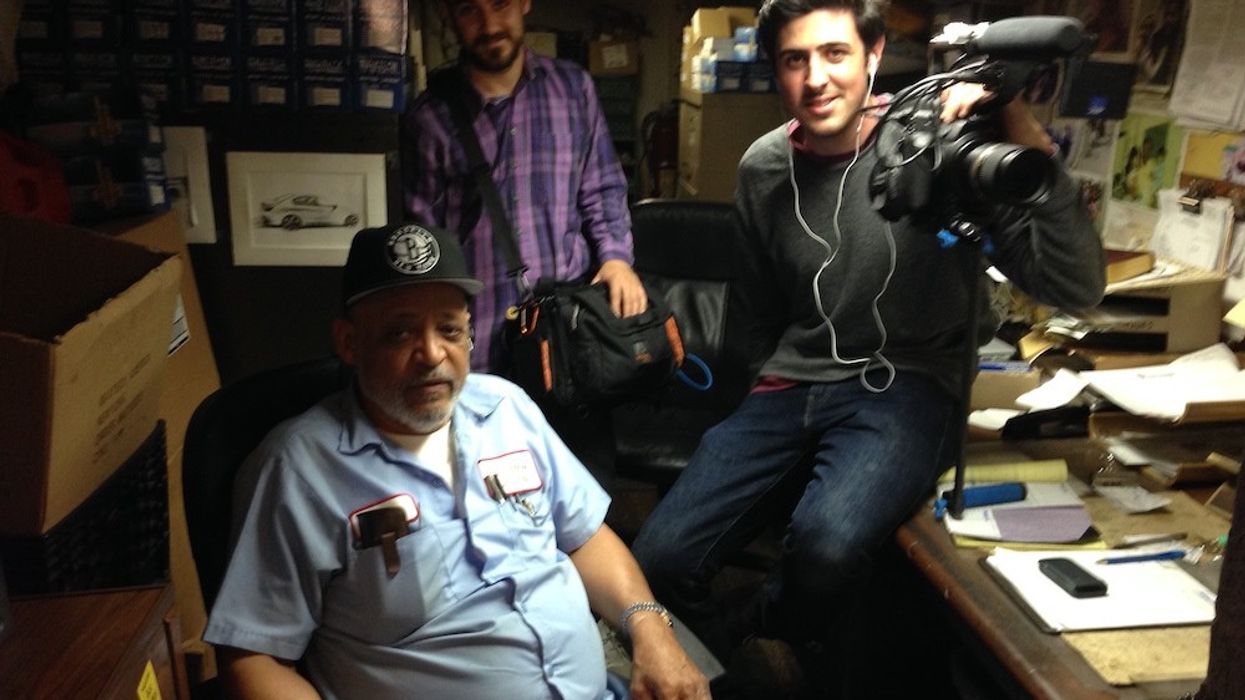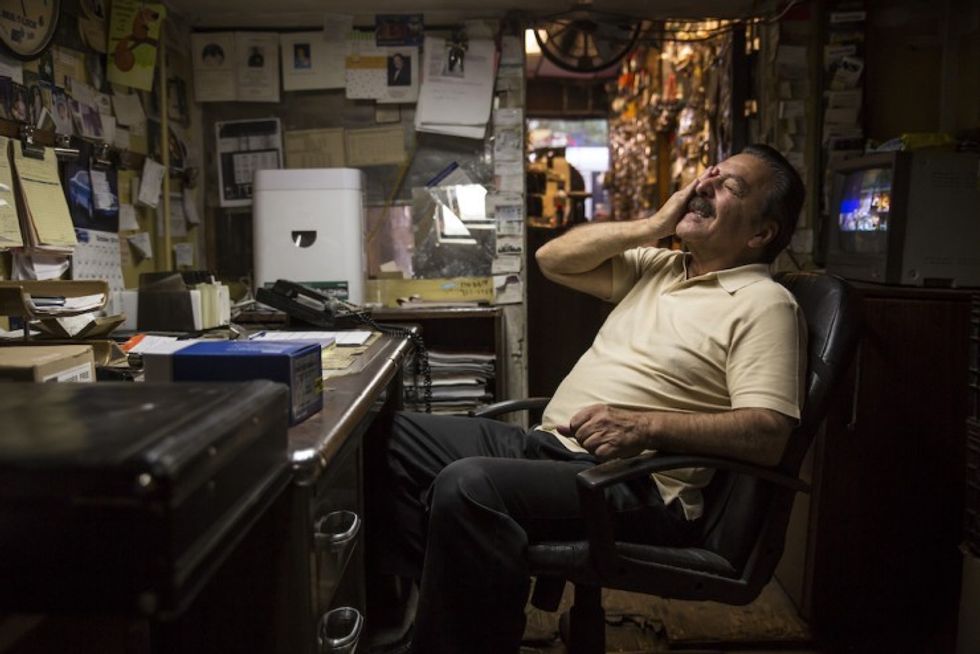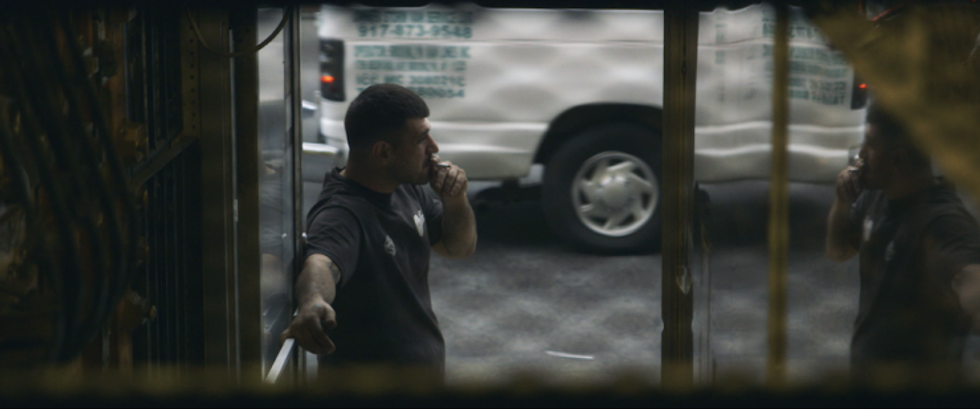Discover How You Can Breathe New Life Into Those Unfinished Projects
A great idea never dies.

This post was written by Ian Moubayed.
Ten years ago, I locked myself out of my NYC apartment, sparking an idea that thrust me into the process of making my first film, Keys to the City.
During the panic of being locked out in the middle of the night, I was faced with no other option but to call an emergency locksmith. The serendipitous encounter revealed that behind this seemingly ordinary blue-collar job lay a captivating glimpse into the lives of New Yorkers. Upon further research of the trade, I stumbled across a motley crew of locksmiths at All Brooklyn Locksmith, an old-school shop in Flatbush, Brooklyn.
It was there that the real story began.
After unlocking and opening the doors of New Yorkers for 47 years, Matthew, the veteran locksmith of the shop, was set to retire. But before leaving, his gregarious boss, Tony, entrusted him with training his replacement, George, a young and brazen first-generation immigrant.
It couldn’t honestly get more New York.
Keep in mind, at the time, I had little filmmaking experience beyond college and was recently fired as a camera assistant. Thankfully being young, naive, and ambitious does actually have its advantages.
With little time to capture Matthew's story, I used my savings to rent a camera and followed the locksmiths that summer. However, my hopes of producing Keys to the City as a feature-length documentary were swiftly dashed when we realized we simply lacked the material necessary to tell that story. The project meandered as it went through strange iterations, and ultimately sat on a shelf for six years.

For years, I pushed the project aside despite it haunting me. It wasn’t until the world stood still during the pandemic that I finally chose to resurrect Keys to the City as a 30-minute documentary short.
The themes of loss, change, and hope explored through the personal narratives of our subjects were now framed in a new light. After making an arduous post-production push with the film, we were finally able to start submitting to festivals, reach audiences and eventually find distribution.
It was a happy accident the way this project evolved with time the way it did. The takeaway was simple, there isn’t any shame in adapting your ambitions of creating a big story into a smaller story, especially when you’re short of resources.
Making a feature film can be daunting. I’ve been behind the camera for several projects. If you’re able to translate the same passion and commitment to your short, there is still a real opportunity to reach people with your story and your voice as a filmmaker. Documentaries require planning, but adaptability is crucial—it's real life, after all.

I can't offer groundbreaking advice, but I know that often, we become the obstacle to completing what we start. In the words of Toni Morrison, "If there's a book that you want to read, but it hasn't been written yet, then you must write it."
So go ahead, and finish your movie (even if it's a short film). You'll thank yourself later.
This post was written by Ian Moubayed.
You can watch 'Keys to the City' now on The New Yorker.













